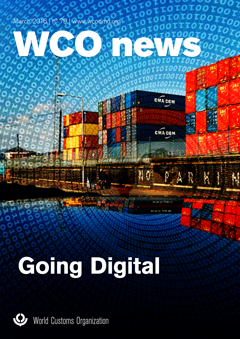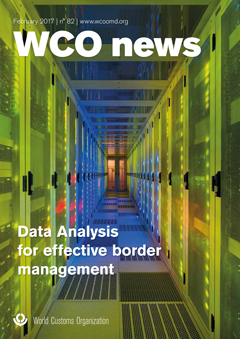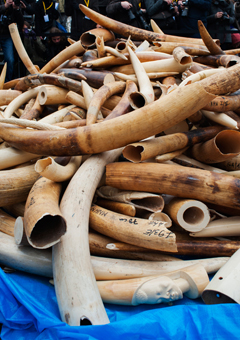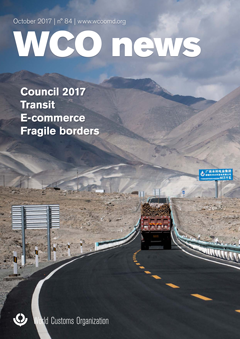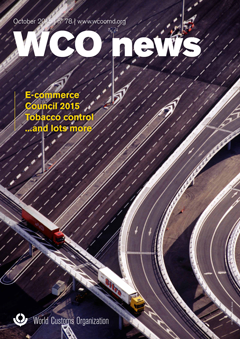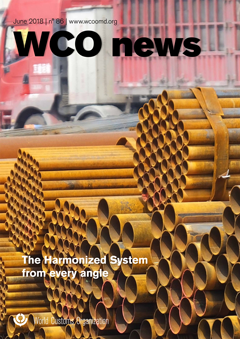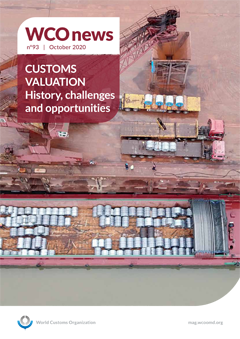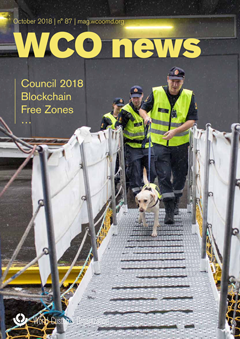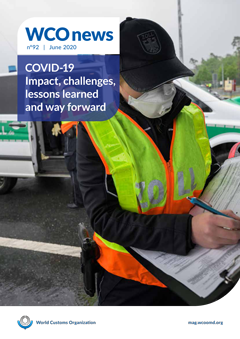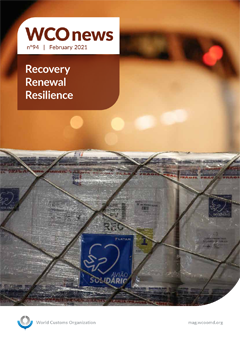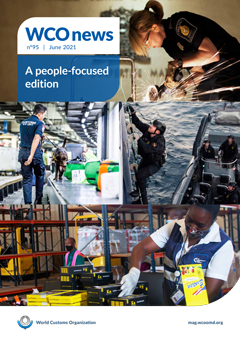Customs Brokers: An overview of the outcomes of the WCO Study Report
In order to provide a clear understanding of practices relating to the role of brokers, including institutional frameworks and the regulatory/licensing requirements, and to further provide guidance to its Members, the WCO developed a Study Report on Customs Brokers. Besides reviewing Members’ pra...
Of the 99 reporting administrations, 72 stated that the use of Customs brokers was optional. Nine reported that the use of Customs brokers for Customs transactions was mandatory. Fourteen indicated that the use of Customs brokers was mandatory, except for certain specified categories of Customs clea...
Of the 95 reporting administrations which have set out some sort of mechanism for Customs brokers, 84 require Customs brokers, and wherever applicable third parties, to meet certain requirements before being allowed to handle Customs clearances. Detailed results on the requirements as well as their ...
Challenges
Consideration: Challenges posed by some brokers, including informal/unauthorized brokers, could be met to some extent by increased use of information and communications technology (ICT), the application of demonstrative sanctions and penalties in appropriate cases, and through constan...
Bilateral consultation, including through a brokers association (in a few cases by way of a Memorandum of Understanding, or MoU – e.g. Bhutan, Moldova, and Uruguay), is the most prevalent mechanism stated by 76 reporting administrations. Sixty-six countries have a broad consultative process involv...



